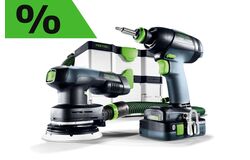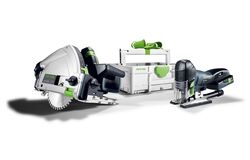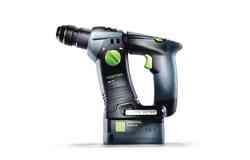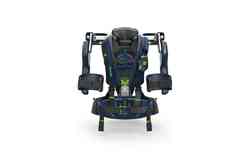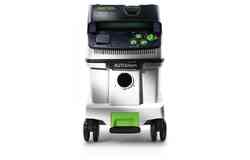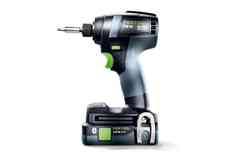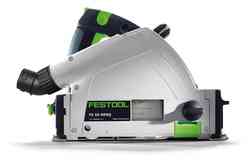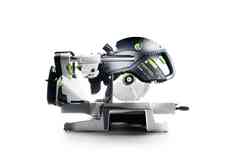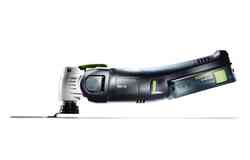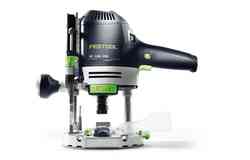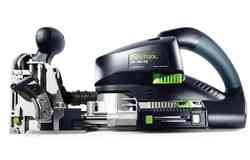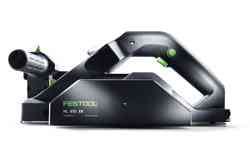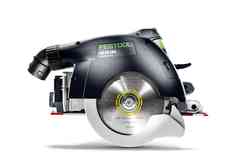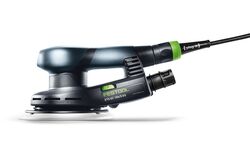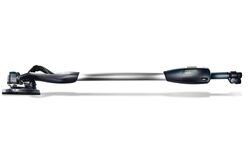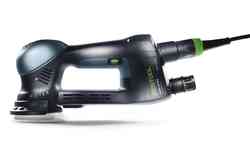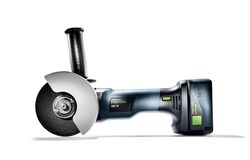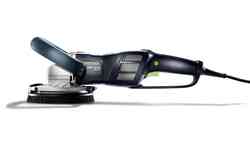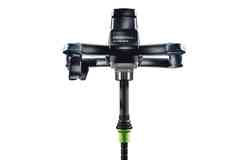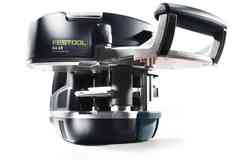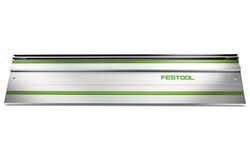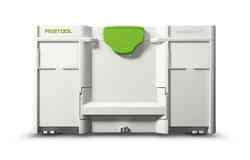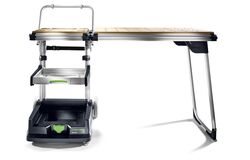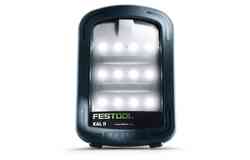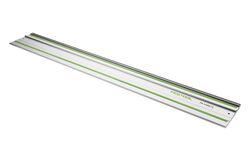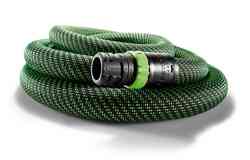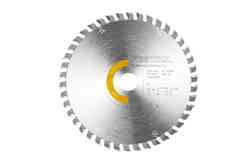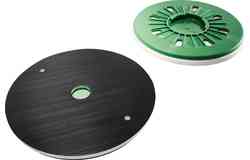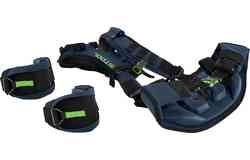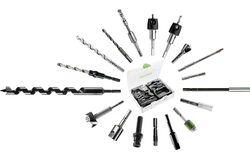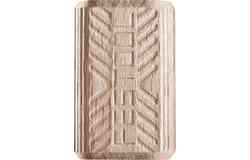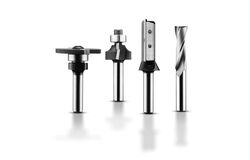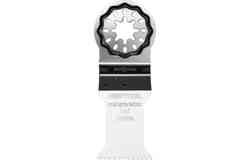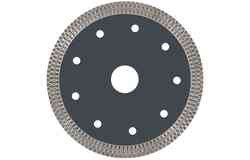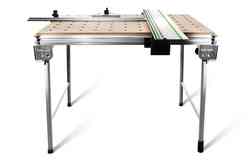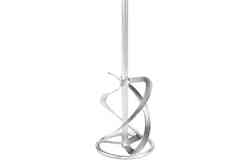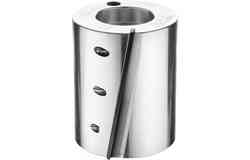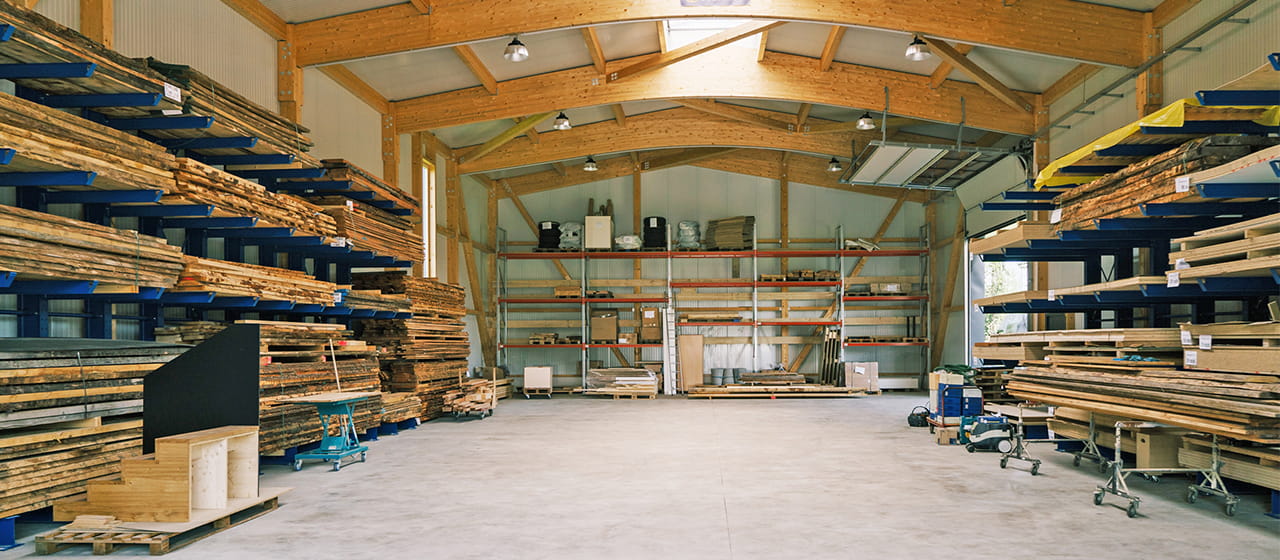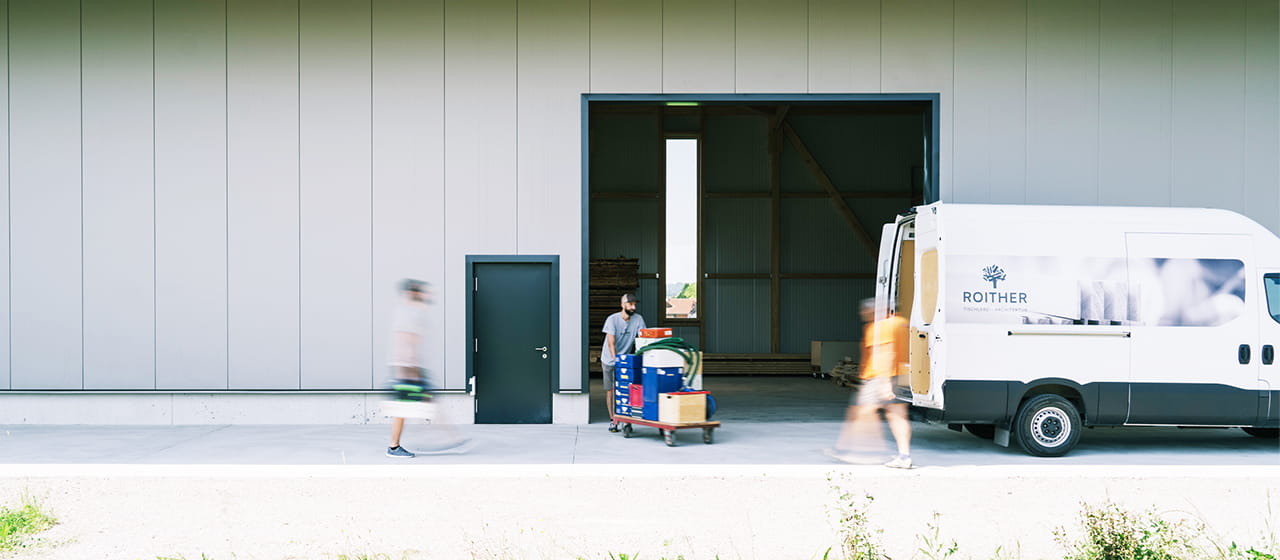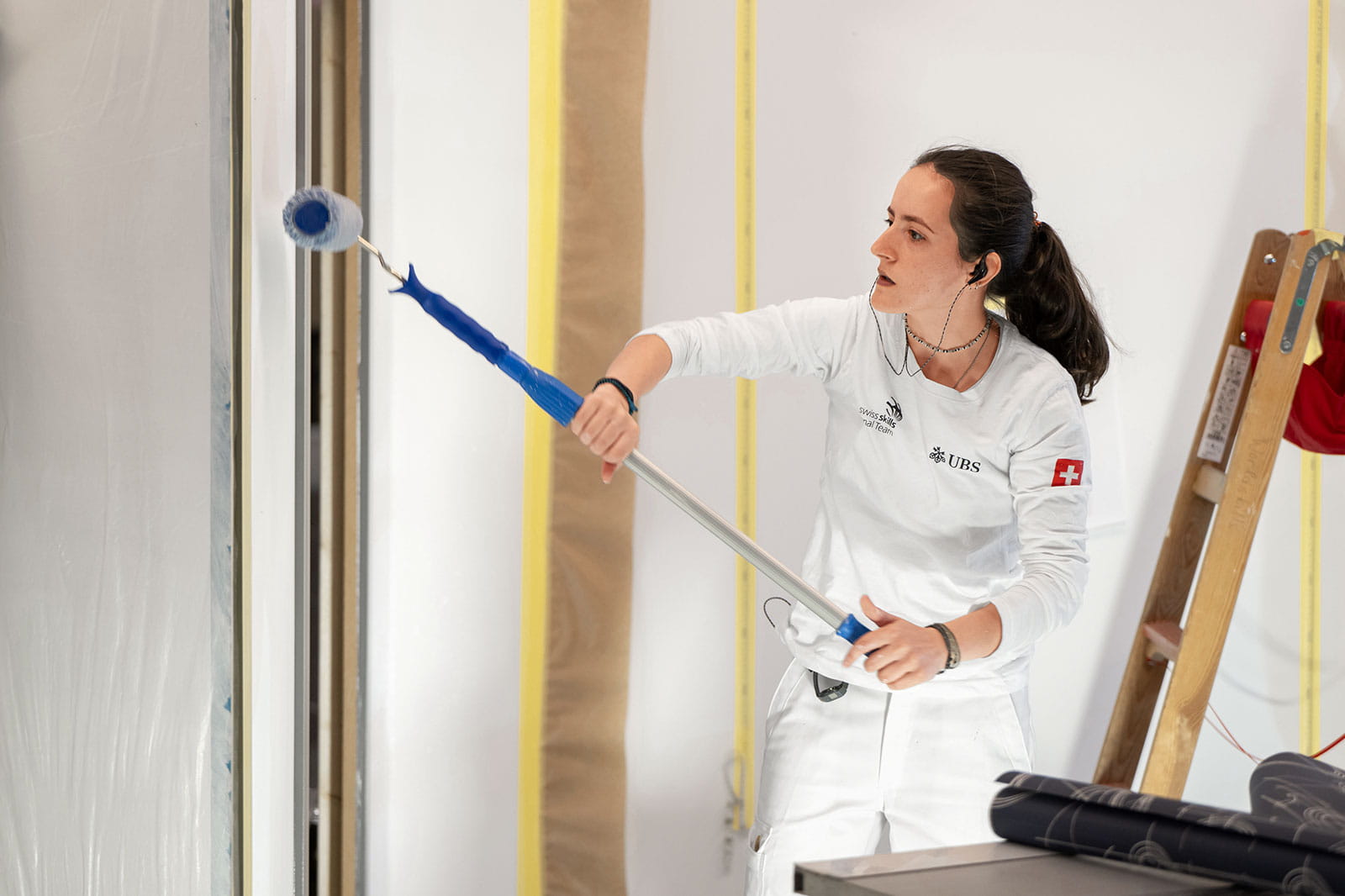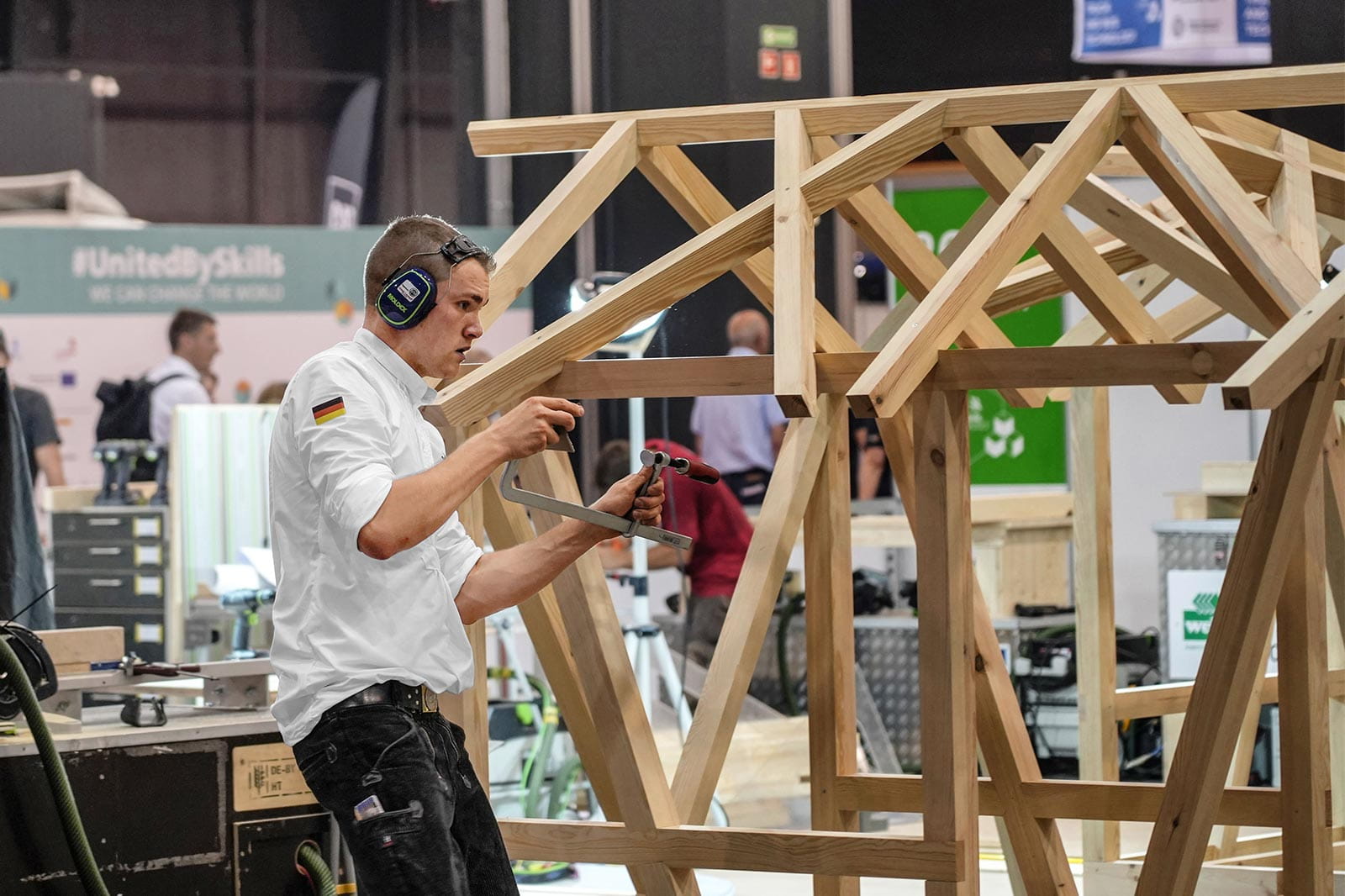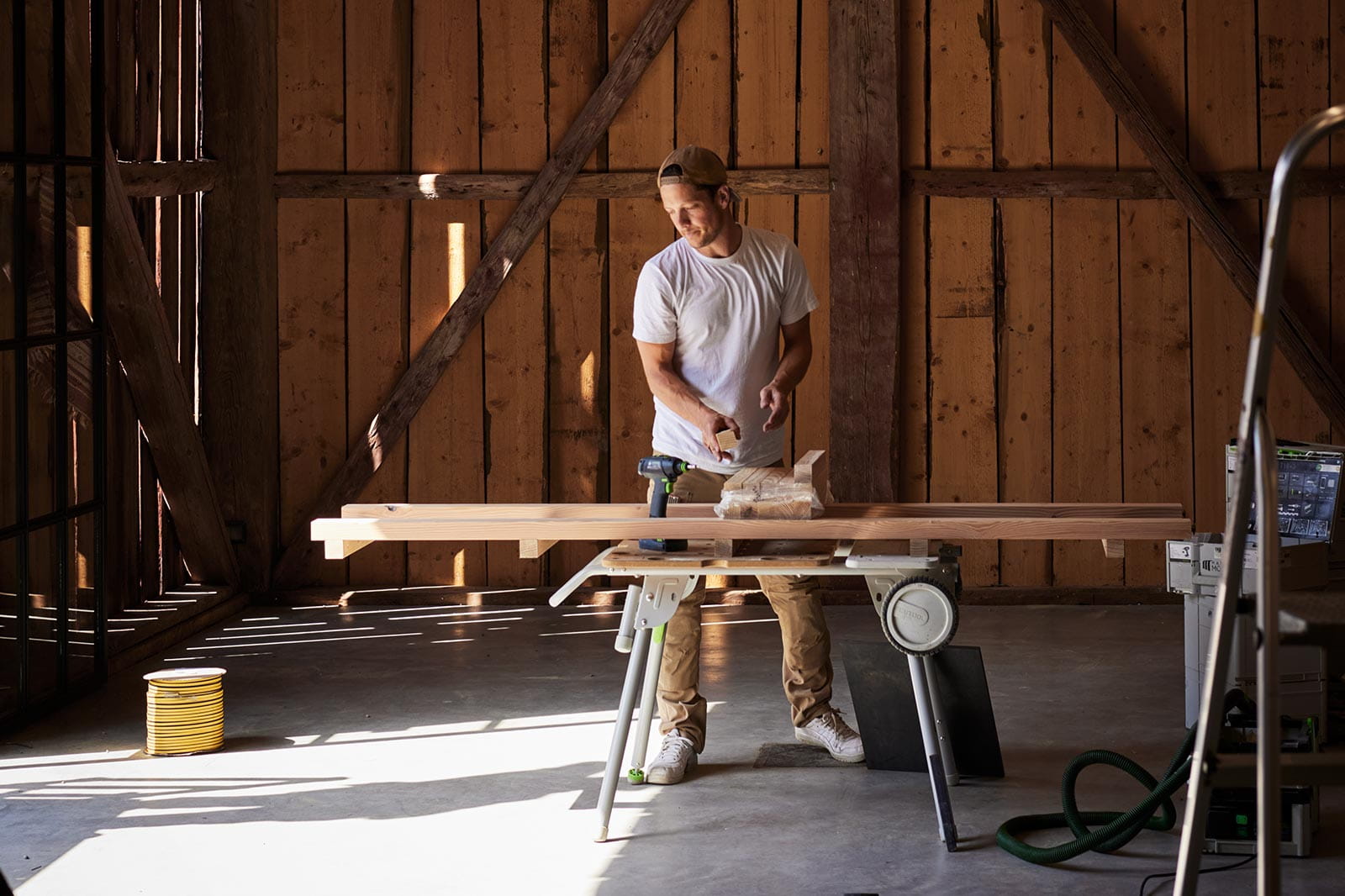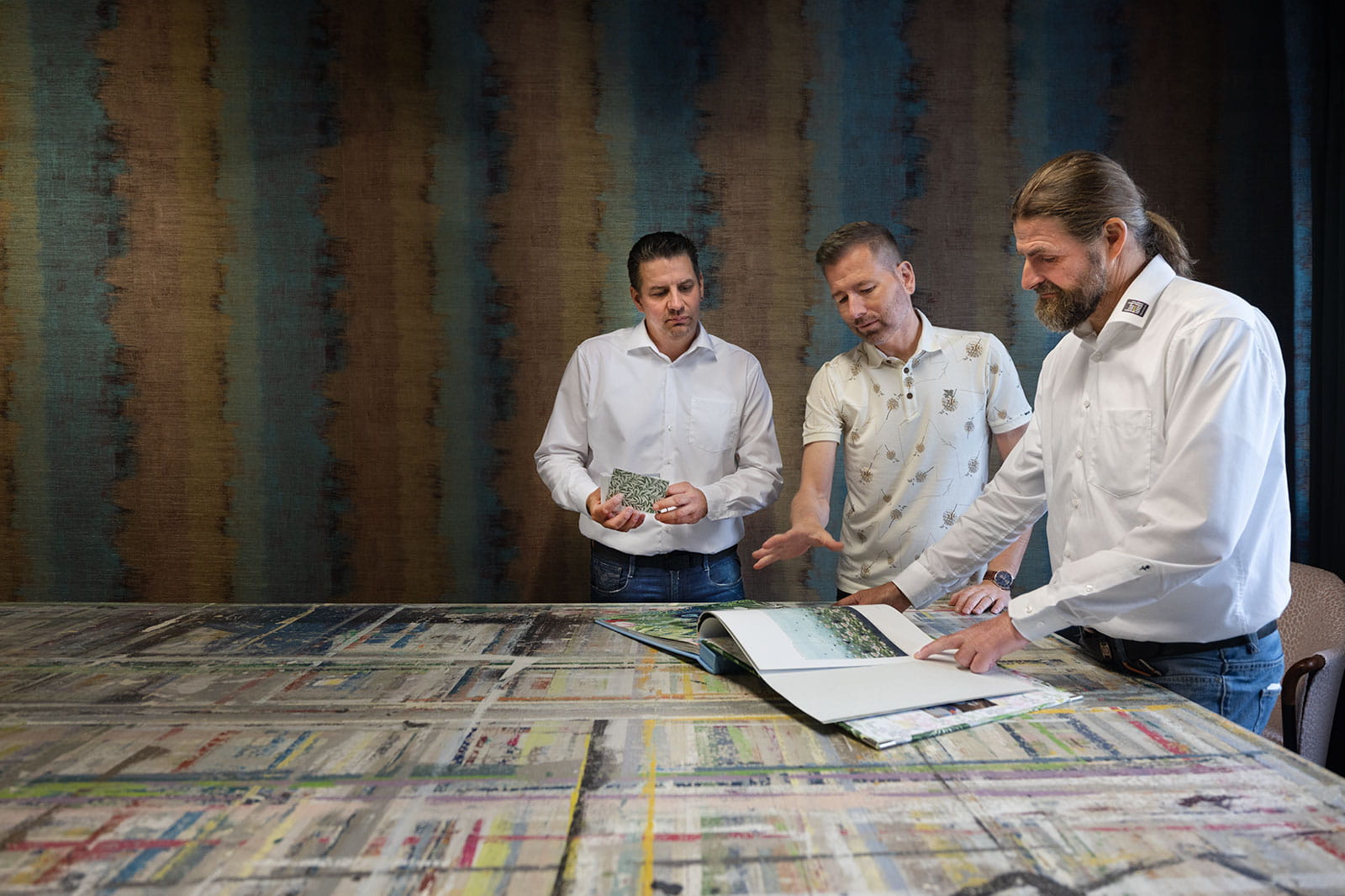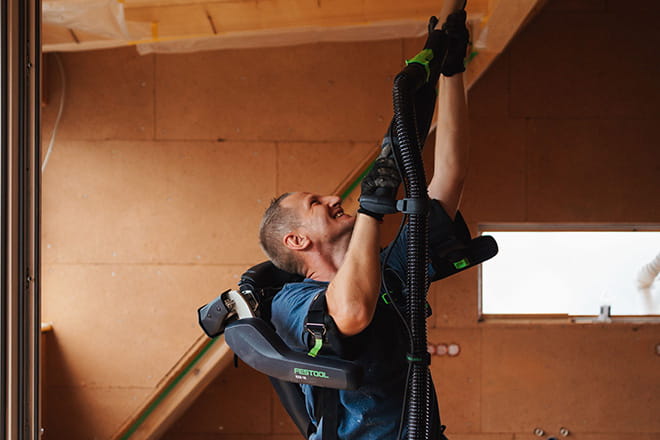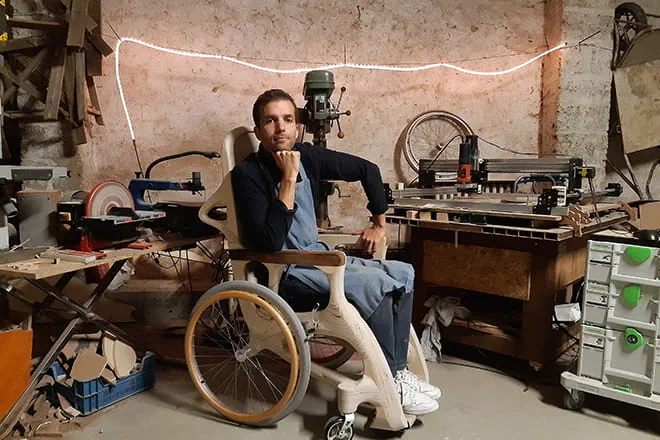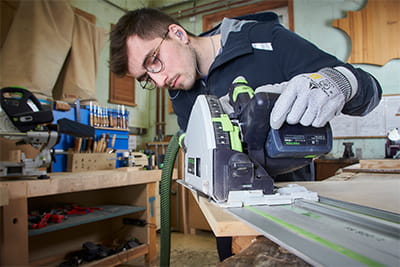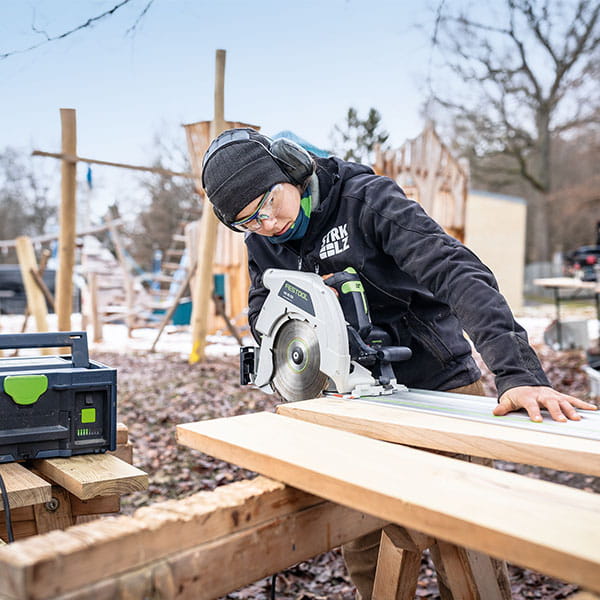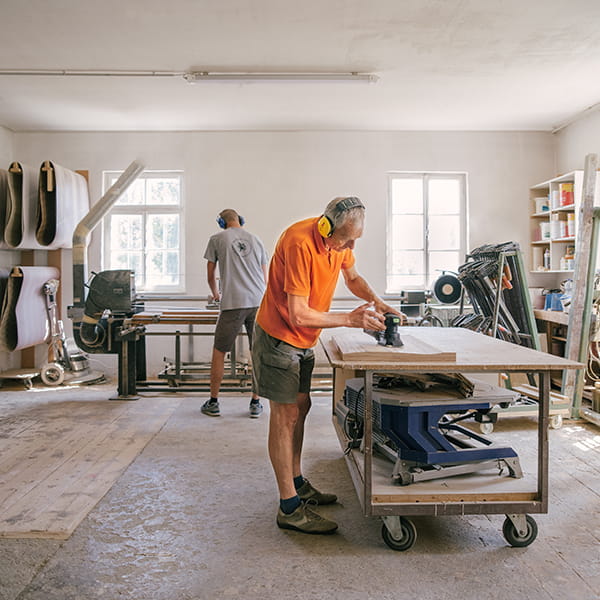
For the love of wood
A traditional company in Austria that combines all three
Does a passion for wood run in families? If this is true, the DNA of Hermann Roither and his two sons, Hermann junior and Christian, would prove this beyond any doubt. The family members are the fifth generation to run a small and excellent family-owned joinery.
Tischlerei Roither based in the town of Gampern in the state of Upper Austria is a company with a great tradition. It was founded in 1883 by Franz Roither. He built a workshop on a green meadow at the eastern end of the small hamlet of Schwarzmoos and gradually established a solid reputation in the region. Three generations and almost 100 years later, Hermann Roither would take over the business in 1982. He would then hand over the joinery to his two sons, Hermann junior and Christian, in 2016 but would remain in an active role at the enterprising family-owned company – not because he didn't want to go but because he didn't want to leave the boys on their own.
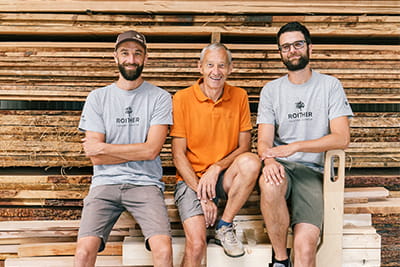
You don't need to look at the Roithers' DNA to work out which of the three has the greatest passion for wood – all of them clearly have more than enough of this in their genes. You can hear it clearly when the two young bosses talk about the history and the future of their joinery firm, you can feel it when they show their appreciation for the knowledge and expertise that their father has shared with them, and you can see it in the attention to detail given to every piece of furniture and all of the furnishings leaving the workshop to be assembled on delivery.
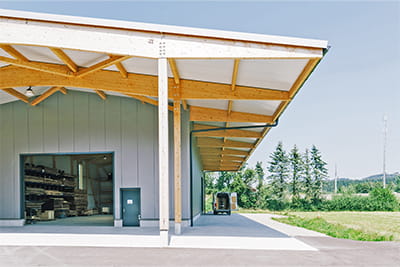
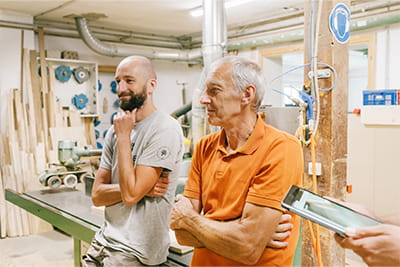
Growing with tradition and modernising in keeping with the times
Tischlerei Roither (Roither's Joinery) has ten employees, some of whom have worked at the company for over 30 years and who have invaluable manufacturing expertise. Hermann Roither junior gives us a tour of the establishment, which has grown organically over the decades.
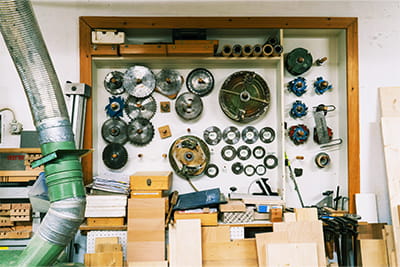
"We've optimised our production facility over the years and try to prepare as much as possible here at the workshop so that everything fits together exactly when assembled on-site," he explains. This means that the "old" belt sander makes just as valuable a contribution as the latest Festool tools for machining wooden workpieces on workbenches.
"New machinery opens up new opportunities and ultimately leads to new orders that couldn't be handled without this machinery," says Hermann Roither senior, who was especially impressed by the cordless Festool tools. Moreover, because there are now no longer any limitations to battery-powered machines, even at a high power consumption, they are not only used on-site but are in almost constant use at the workshop.
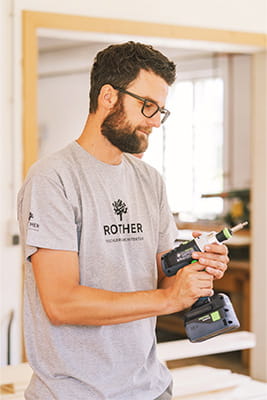
"With Festool tools, you often feel like they're actually thinking too while you're working."
- Hermann Roither, head of Tischlerei Roither
Machinery that makes work easier and seems to think while you're working
In 2017, shortly after the sons had taken over the business, they purchased a CNC router. This was a considerable investment but was in no way intended to replace craftsmanship or employees, as Hermann Roither junior emphasises, "it's primarily about us implementing our expertise more efficiently in areas where it is sensible to do so. Our many mobile power tools help us to do this and they make our work much easier. And the same is true of stationary machines, like the CNC router, which we use to make repeated machining steps more efficient, such as those used for making door hinges, locks or fittings."
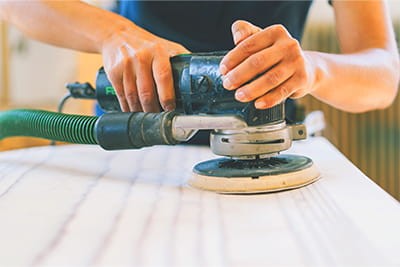
While that might not sound romantic, it may reflect the reality of things. However, Hermann Roither junior doesn't believe that this could usher in the end of this form of craftsmanship. "The CNC router is really great. You press a button and it does what you tell it to," he explains with a smile on his bearded face. He continues, "with Festool tools, you often feel like they're actually thinking too while you're working."
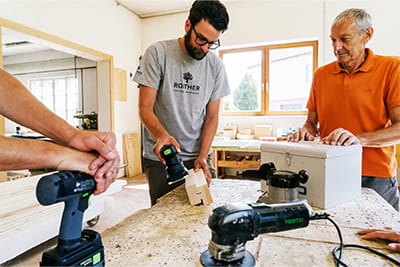
Planning, designing and manufacturing at the highest level
Traditional craftsmanship and modern manufacturing process go hand in hand at Tischlerei Roither and both analogue and digital skills are equally sought after. "You can't have one without the other," says Christian Roither, who is qualified as an architect and plans and designs complex customer projects using professional CAD software. He always keeps two things in mind – the idea for a project, devised in collaboration with the customer and with a digital 3D visualisation, and a clear vision of how the digital idea can implemented in "analogue" form at the workshop to the highest quality standard. "Design, planning and execution must be perfectly coordinated," stresses Christian Roither. How does it work? With good, old-fashioned care and precision. With the best digital and analogue tools. With the invaluable expertise of their workers. And above all, a special passion for wood.

